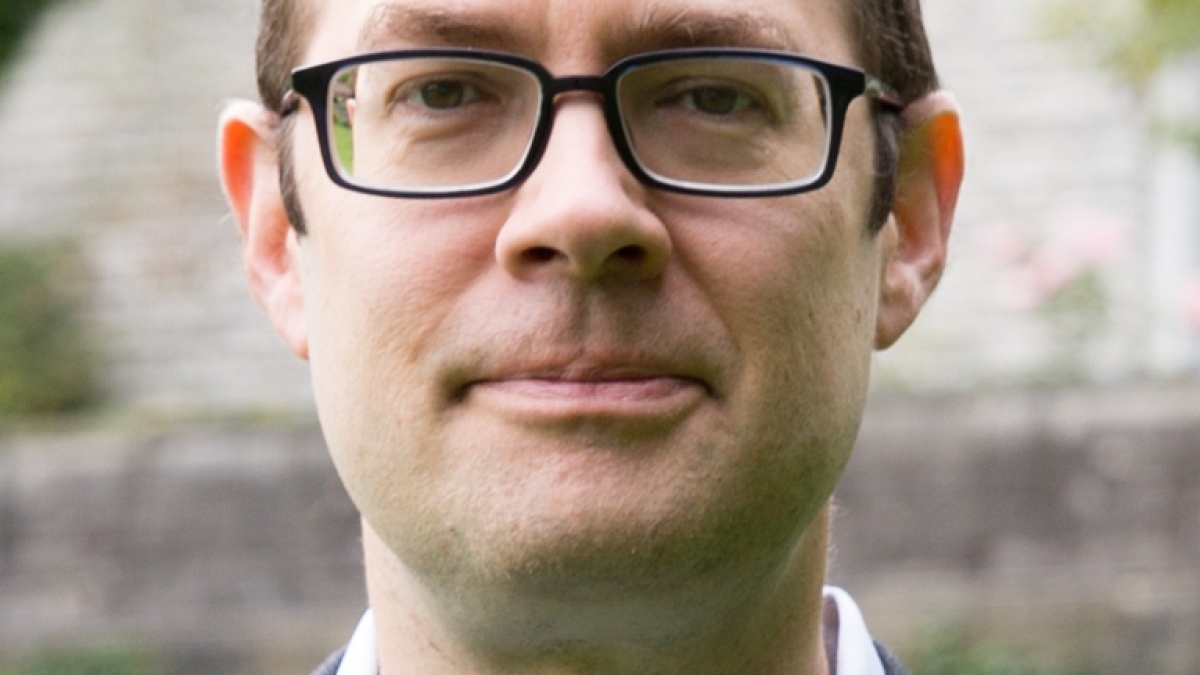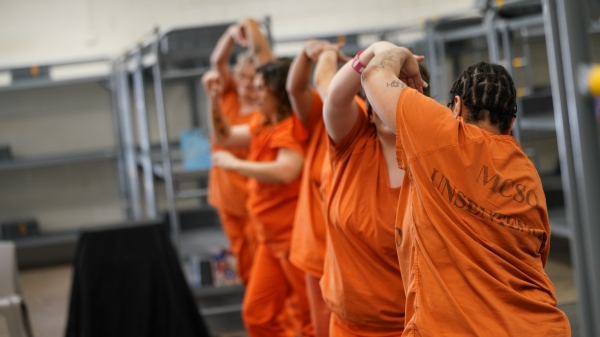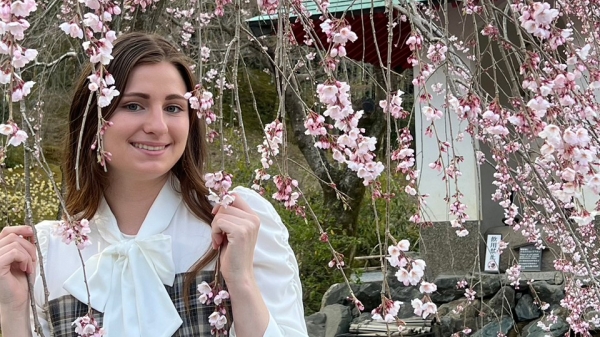ASU School of Music professor wins prestigious Guggenheim Fellowship
Herberger Institute for Design and the Arts' Peter Schmelz is an expert on music during the Cold War

Peter Schmelz. Photo courtesy American Academy
The United States and the Soviet Union clashed on many fronts during the Cold War, and music was one of them.
An Arizona State University professor who’s an expert on the music of that time period says it’s a window into how the two superpowers tried to influence the arts.
"It allows us to see what happens when music is treated seriously as something that can shape people’s ideas and attitudes,” said Peter Schmelz, an associate professor of musicology in the School of Music at ASU and faculty affiliate of The Melikian Center for Russian, Eurasian and East European Studies.
Schmelz’s research has received a huge boost: He was awarded a prestigious Guggenheim Fellowship on Wednesday, which will allow him time to concentrate on research and writing.
“We’re still living with the fallout of the Cold War, which is becoming clearer with every passing day, and it’s useful to understand the meaning constructed from the music from that period,” said Schmelz, part of the Herberger Institute for Design and the Arts.
During the Cold War, roughly from the end of World War II to the fall of communism in Europe in 1990, the two countries had contrasting trends in music.
“In America, the trend was for difficult, dissonant music that was hard to listen to, while in the Soviet Union, the music was much more hummable and accessible to a broad audience, because it was designed to be,” he said.
“That clear opposition I find interesting.”
Schmelz will use the fellowship to complete a book he started two years ago, under a previous fellowship, about unofficial exchanges of scores and recordings from people in the Soviet Union to producers and concert promoters in West Germany during the Cold War. He recently visited Ukraine to interview the composer Valentin Silvestrov, whose career was taking off in the 1960s.
“It’s a tragic story because people like him really paid a heavy price for getting involved with other countries at that time. And for listening to music they weren’t technically allowed to listen to,” he said.
“He was kicked out of the union of composers in Ukraine, which was big deal because he couldn’t get paid. He dropped off the map and had to live off family members, and only in the 1990s did record companies start turning their attention back to him,” said Schmelz, author of the 2009 book, “Such Freedom, If Only Musical: Unofficial Soviet Music during the Thaw.”
“I call it an ‘intimate history’ because I’m interested in the personalities and how individual lives were affected by the larger musical trends of the time,” he said.
The John Simon Guggenheim Memorial Foundation awarded 168 fellowships this year to scholars, artists and scientists out of nearly 3,000 applicants. Schmelz is ASU’s 33rd Guggenheim Fellow. Matthew Delmont, the former director of the School of Historical, Philosophical and Religious Studies at ASU who is now a professor at Dartmouth University, won a fellowship in 2017.
Jennifer H. Fewell, a President's Professor in the School of Life Sciences and co-founder and co-director of the Center for Social Dynamics and Complexity, won in 2009.
ASU alumni have won fellowships in recent years: Kent Lightfoot, a professor at the University of California, Berkeley who received his PhD from ASU, won in 2014, and Lilla LoCurto, a New York-based artist who received a BFA in sculpture, and journalism graduate Adam Johnson both won in 2013.
Correction: An earlier version of this story incorrectly stated that Schmelz was the first faculty member from the Herberger Institute for Design and the Arts to win the award. In fact, Regents' Professor Mark Klett in the School of Art was awarded a Guggenheim Fellowship in 2004, and School of Art Lecturer Betsy Schneider received one in 2011. We regret the error.
More Arts, humanities and education

ASU Gammage program brings the arts to incarcerated women
Laughter might not be the first thing you expect to hear when arriving at Maricopa County Estrella Jail, the all-women prison…

Maryvale girls gain confidence through volleyball program
Life as a teen or tween can be tough, particularly for girls. That's why an Arizona State University partnership with a…

ASU double major plans to use Japanese studies in her business career
Editor’s note: This story is part of a series of profiles of notable spring 2024 graduates. Racine Merritt is a business-minded…